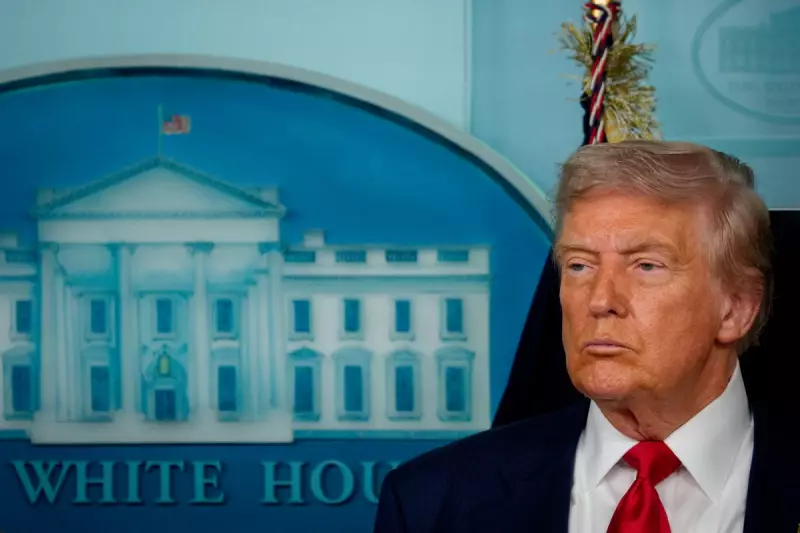
Former US President Donald Trump has reignited fears of a global trade war by proposing a blanket 60% tariff on all Chinese imports if he returns to the White House. The controversial plan comes as the latest Consumer Price Index (CPI) report shows persistent inflation in the US economy.
Trump's Hardline Trade Policy Returns
In a bold move that could reshape international commerce, Trump has doubled down on his protectionist stance, suggesting even more aggressive measures than during his first term. "We need to take dramatic action to stop China's economic aggression," the Republican frontrunner stated.
Economic Experts Sound Alarm
Financial analysts warn such tariffs could:
- Increase prices for American consumers by 10-15%
- Disrupt global supply chains still recovering from pandemic shocks
- Potentially trigger retaliatory measures from Beijing
Inflation Concerns Grow
The July CPI report showed prices rose 0.2% month-over-month, maintaining pressure on household budgets. Core inflation (excluding food and energy) remains stubbornly high at 4.7% annually - more than double the Federal Reserve's target.
Market reaction: Wall Street showed mixed responses, with retail and manufacturing stocks particularly volatile as investors assess the potential impact of renewed trade tensions.
Political Implications
The tariff proposal comes as:
- President Biden faces criticism over economic management
- Both parties court working-class voters in key swing states
- US-China relations remain strained over Taiwan and technology controls
Economists caution that while protectionist measures may appeal politically, they often lead to higher consumer prices and reduced economic efficiency in the long term.





